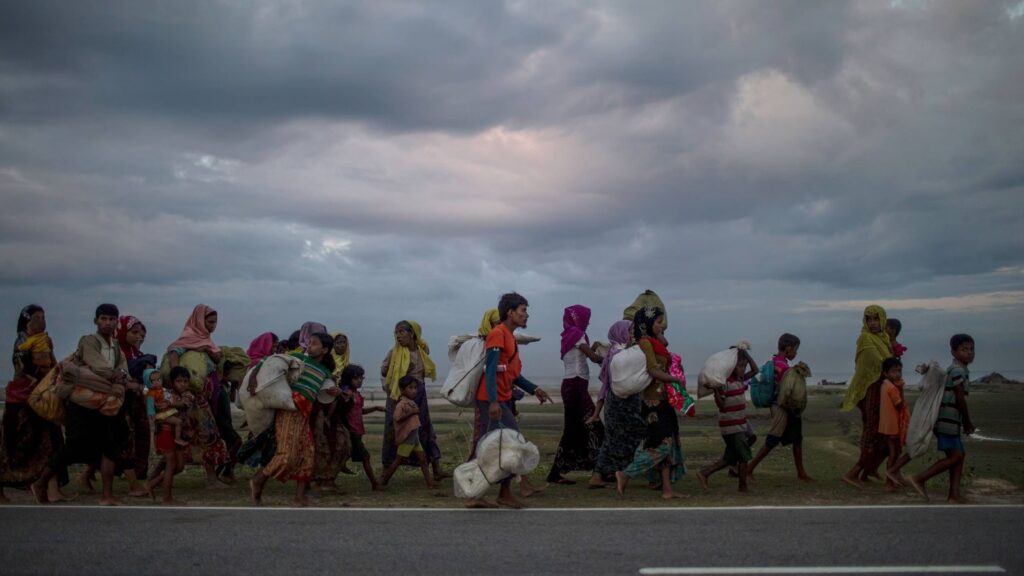1. Beyond the Numbers
When migration is discussed, it is often framed in cold statistics—how many left, how many arrived, how many were lost along the way. Yet behind each number lies a deeply personal story. For many Africans, migration is not simply a choice, but a necessity driven by poverty, political instability, or environmental change. These untold stories reveal the emotional weight of leaving behind family, culture, and homeland.
2. The Push and Pull Factors
Economic opportunity remains one of the strongest motivators for migration. Many young Africans see moving abroad as a chance to build a better future, escape unemployment, or support their families back home. Others are pushed out by conflict, oppressive governments, or the devastating effects of climate change. At the same time, countries in Europe, North America, and the Middle East pull migrants in with the promise of jobs, safety, and education.
3. Struggles Along the Journey
Migration is rarely a smooth path. Stories of Africans crossing deserts, braving the Mediterranean, or facing dangerous smugglers highlight the risks involved. Many endure exploitation, discrimination, or years of uncertainty in refugee camps. For those who survive the journey, adjusting to life in a new land can be equally challenging—language barriers, cultural differences, and hostile immigration systems create new struggles.
4. Redefining Identity and Belonging
Migration transforms not just individuals but entire communities. African migrants often juggle dual identities—maintaining strong ties to their roots while adapting to their new environments. This creates vibrant diasporas that blend traditions, art, and innovation from both home and host countries. Yet, the question of belonging remains complex: are they citizens of the world, or forever outsiders in foreign lands?
5. A Call for Human-Centered Narratives
Global debates on migration often focus on policies, border security, or economic impact, while neglecting the human element. To build fairer systems, the world must listen to the lived experiences of migrants. Their resilience, courage, and contributions deserve recognition. Migration is not just a challenge to be managed—it is a story of survival and hope that is reshaping the global human experience.




